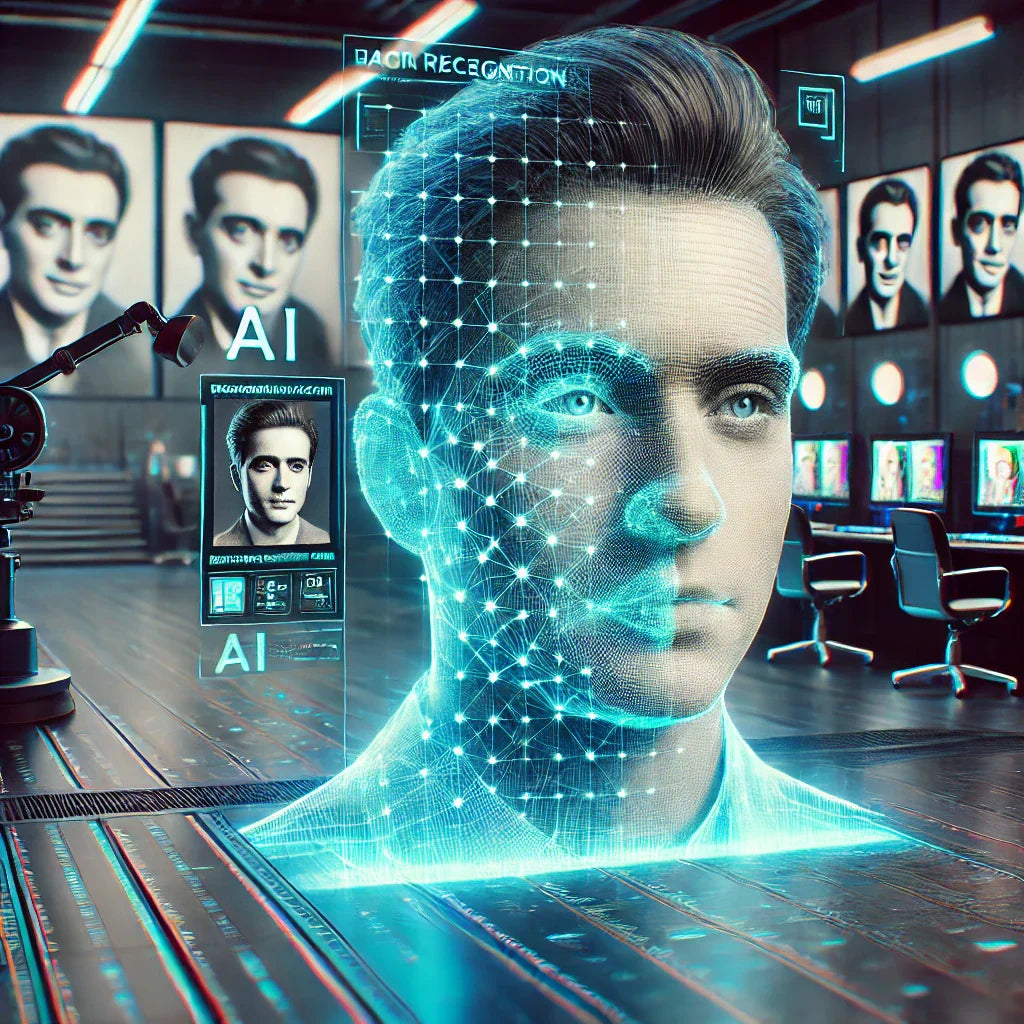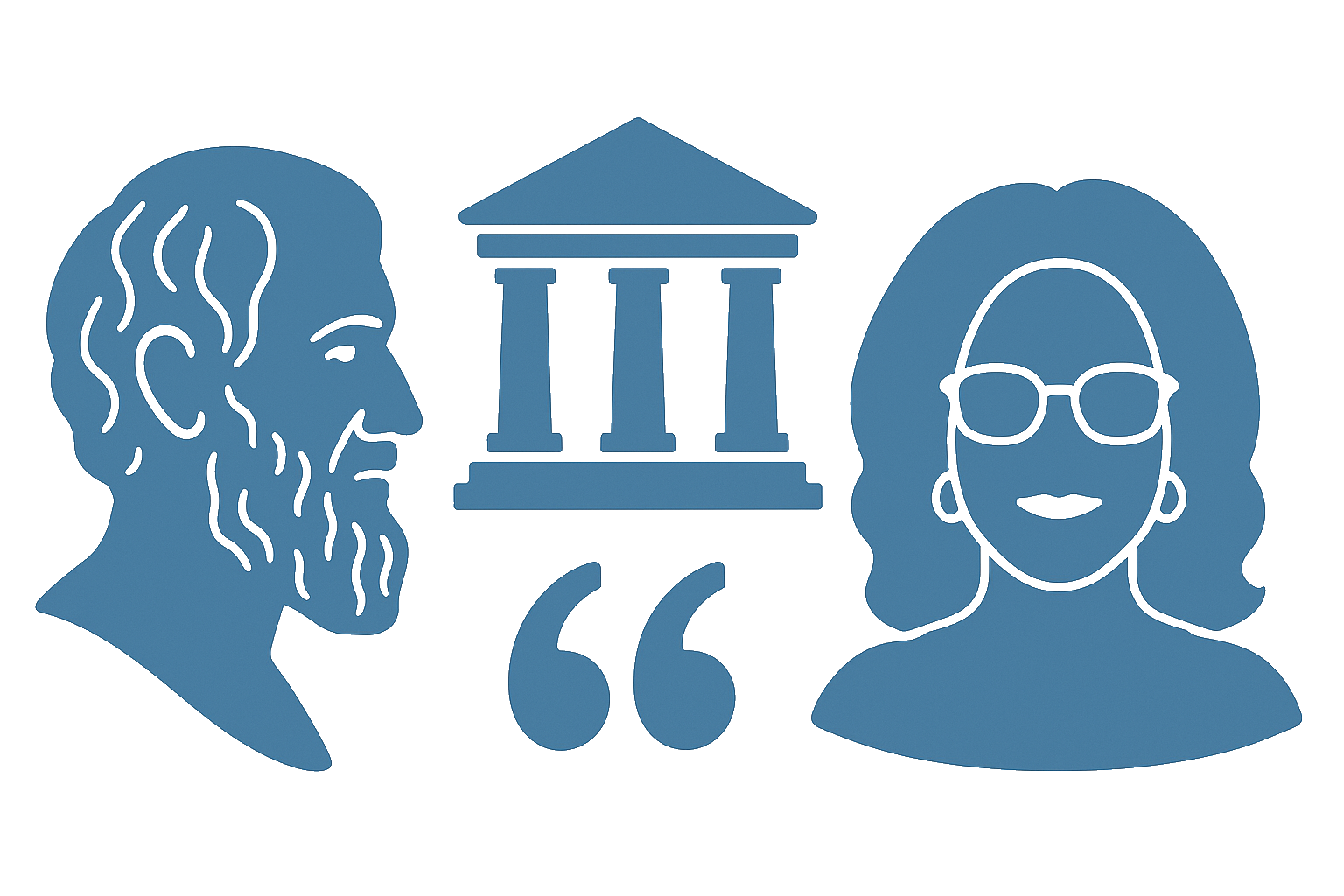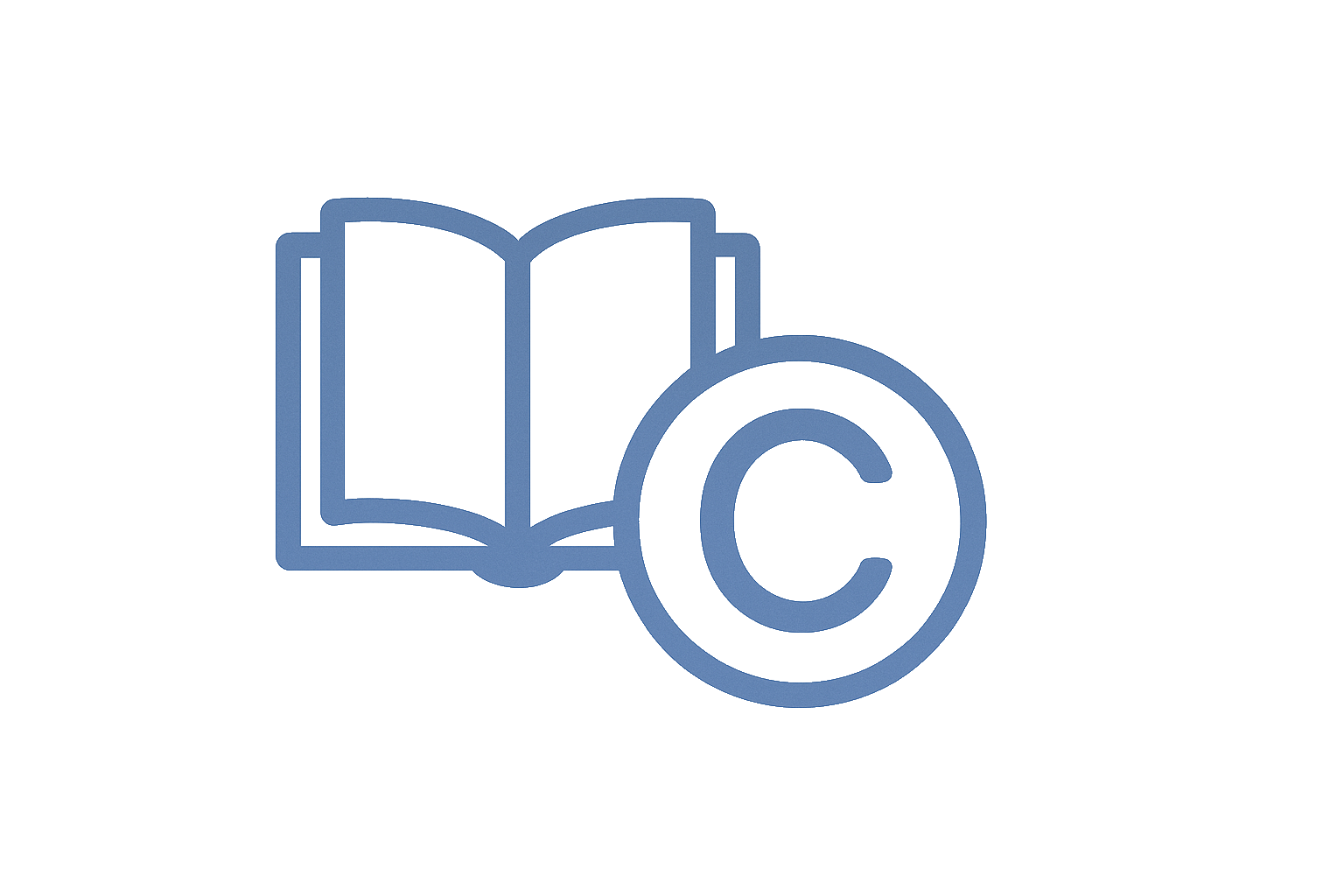Quick Summary
Quick Answer: The rights to a deceased actor's likeness depend on state laws, contracts, and estate management, making AI recreations a legal gray area.
Quick Overview: As AI technology advances, Hollywood faces new challenges regarding posthumous performances. This article explores the legal, ethical, and business implications of AI-generated digital ghosts, highlighting ownership disputes and landmark cases.

Common Questions & Answers
1. Can an actor’s image be used after their death?
Yes, but it depends on publicity rights, contracts, and estate permissions, which vary by jurisdiction.
2. Who owns a deceased actor’s digital likeness?
Usually, the actor’s estate controls their image, unless they assigned rights before passing.
3. Can AI-generated versions of dead actors be used without permission?
Not legally. Unauthorized use can lead to lawsuits over publicity rights and copyright infringement.
4. Have AI recreations of actors been used in films?
Yes, examples include Peter Cushing in Rogue One and Carrie Fisher in Star Wars: The Rise of Skywalker.
5. Do AI recreations violate ethical boundaries?
Many argue they do, as they raise consent, artistic intent, and financial fairness issues.

Step-by-Step Guide to AI Rights for Deceased Actors
-
Check Publicity Rights – Some states, like California, extend these rights beyond death.
-
Review Contractual Agreements – If an actor signed over their likeness, the studio may control posthumous use.
-
Consult Estate Executors – The actor’s estate often manages legal claims and licensing deals.
-
Obtain AI-Specific Licensing – New contracts increasingly address digital likenesses.
-
Seek Legal Counsel – AI-generated performances are a legal gray area, requiring expert advice.
Historical Context
The debate over posthumous performances isn't new. In the early 20th century, silent film actors often lost control over their images due to weak intellectual property laws. Marilyn Monroe’s estate fought legal battles over her publicity rights, which continue influencing modern cases. The Digital Millennium Copyright Act (DMCA) and state laws now shape AI-based recreations, but gaps in legislation leave many questions unanswered.
Business Competition Examples
-
Lucasfilm & Peter Cushing’s Digital Return - Rogue One used CGI to resurrect Grand Moff Tarkin, sparking debates over ethical AI use.
-
Carrie Fisher’s Posthumous Star Wars Role - Lucasfilm received permission from Fisher’s estate for digital appearances.
-
James Dean’s AI Resurgence - A controversial AI-led casting of James Dean in a new movie met industry backlash.
-
Deepfake Commercials - AI-generated ads featuring deceased stars (like Audrey Hepburn) raise ownership concerns.

Discussion
The entertainment industry is at a crossroads. AI offers groundbreaking storytelling possibilities but also poses serious ethical and legal dilemmas. If actors do not explicitly define digital usage rights before their death, disputes can arise between studios, estates, and even fans. Companies like Deepcake and Respeecher are developing hyper-realistic digital performances, making this issue more urgent. As AI technology improves, laws must evolve to clarify who profits from an actor’s digital ghost.
Beyond legal and financial concerns, there is the emotional and cultural impact to consider. Fans may feel uneasy about seeing their favorite actors perform posthumously, questioning whether these recreations truly honor their legacies or merely exploit their memories for profit. Additionally, AI resurrections blur the line between reality and simulation, raising philosophical questions about identity and consent. Some critics argue that relying on AI actors could stifle creativity by reducing opportunities for living performers and diminishing the human touch in filmmaking.
From a practical standpoint, the cost of AI recreations will likely decrease as technology advances, making them more accessible to smaller production companies. This democratization could lead to an increase in unauthorized digital revivals, forcing legislative bodies to take a more proactive approach in regulating AI-generated content. The current legal framework is insufficient to address these challenges, necessitating clearer industry standards and potential international agreements.

The Debate
Pro-AI Use: AI allows filmmakers to complete unfinished projects, preserve artistic legacies, and introduce classic actors to new audiences. Studios can also mitigate financial risks by using known actors rather than taking a chance on new talent. AI performances can be adjusted and refined indefinitely, eliminating costly reshoots and providing unmatched creative flexibility. Furthermore, some argue that these technologies enable actors to extend their careers beyond death in a way that aligns with their artistic intent.
Against AI Use: Critics argue that AI recreations risk exploitation, as they strip deceased actors of the ability to consent to their digital performances. AI-generated roles could devalue human artistry by prioritizing digital recreations over the talents of living performers. Additionally, estates and family members may disagree on how an actor's image should be used, leading to legal and ethical conflicts. The potential for AI to misrepresent or distort an actor’s legacy is another significant concern, as deepfake technology can be misused to manipulate performances in ways that go against the original actor’s values and intentions.

Takeaways
-
Publicity rights extend beyond death in some states.
-
AI recreations require estate permission or legal agreements.
-
New contracts increasingly include AI clauses for future use.
-
Unauthorized digital use can lead to major lawsuits.
-
Ethical concerns over consent remain unresolved.
Potential Business Hazards
-
Legal Uncertainty – Without federal AI-likeness laws, cases vary by jurisdiction.
-
Reputational Risks – Public backlash against AI recreations can harm studios.
-
Financial Disputes – Estates, families, and studios often fight over digital earnings.
-
Future Contract Conflicts – Actors may demand strict control over AI use, limiting future projects.

Myths & Misconceptions
-
Myth: Studios can freely use AI-generated versions of dead actors. Reality: They need estate approval and must navigate legal restrictions.
-
Myth: AI recreations are just enhanced CGI. Reality: AI synthesizes voices and performances, raising unique legal challenges.
-
Myth: Fans always accept AI-based performances. Reality: Many fans reject AI-created roles due to authenticity concerns.

Book & Podcast Recommendations
-
“The Right of Publicity: Privacy Reimagined for a Public World” by Jennifer Rothman – https://www.amazon.com/dp/0674976299
-
“Deepfakes and the Infocalypse” by Nina Schick – https://www.amazon.com/dp/1538755915
-
Podcast: “AI and the Future of Work” – https://open.spotify.com/show/AIAndTheFutureOfWork
-
Podcast: “LawNext” (Covers AI & legal trends) – https://lawnext.com

Legal Cases
-
CMG Worldwide v. Marilyn Monroe Estate
URL: https://www.courthousenews.com/marilyn-monroe-estate-wins-lawsuit/ -
Lugosi v. Universal Pictures (1979)
URL: https://law.justia.com/cases/california/supreme-court/4th/603/
Share Your Expertise
For more insights on AI, digital rights, and business law, visit http://inventiveunicorn.com.

Wrap-Up
AI resurrecting deceased actors is an evolving legal and ethical challenge. While technology advances, laws must keep pace to protect both artistic integrity and business interests. What’s your take? Should AI have limits when it comes to digital ghosts?













